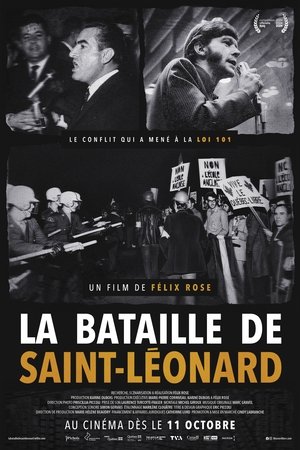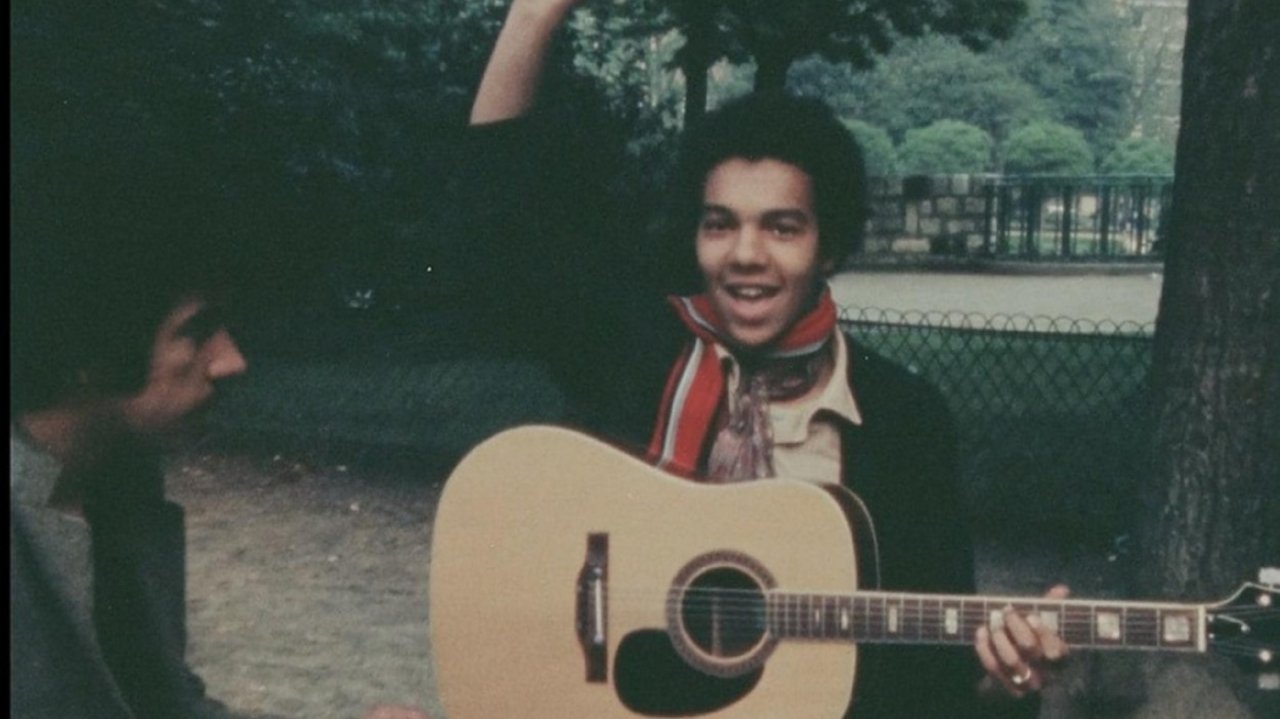

Un printemps de square(1981)

Movie: Un printemps de square

Un printemps de square
HomePage
Overview
Release Date
1981-01-01
Average
0
Rating:
0.0 startsTagline
Genres
Languages:
FrançaisKeywords
Similar Movies
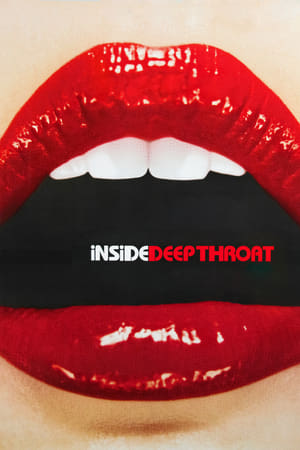 6.4
6.4Inside Deep Throat(en)
In 1972, a seemingly typical shoestring budget pornographic film was made in a Florida hotel: "Deep Throat," starring Linda Lovelace. This film would surpass the wildest expectation of everyone involved to become one of the most successful independent films of all time. It caught the public imagination which met the spirit of the times, even as the self-appointed guardians of public morality struggled to suppress it, and created, for a brief moment, a possible future where sexuality in film had a bold artistic potential. This film covers the story of the making of this controversial film, its stunning success, its hysterical opposition along with its dark side of mob influence and allegations of the on set mistreatment of the film's star.
 8.0
8.0Die PKK in Europa - Freiheitskämpfer oder Terroristen?(de)
Banned since 1993 in France and Germany, does the PKK still represent a danger? A dive into the heart of a complex geopolitical issue, where the fight for freedom, manipulation and pressure are intertwined.
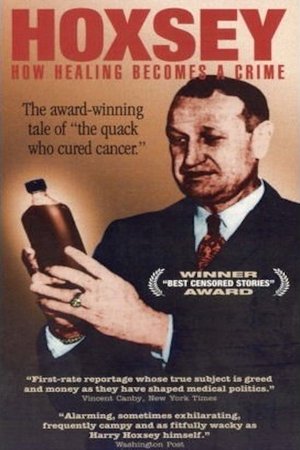 8.6
8.6Hoxsey: When Healing Becomes a Crime(en)
In the 1920s, former coal miner Harry Hoxsey claimed to have an herbal cure for cancer. Although scoffed at and ultimately banned by the medical establishment, by the 1950s, Hoxsey's formula had been used to treat thousands of patients, who testified to its efficacy. Was Hoxsey's recipe the work of a snake-oil charlatan or a legitimate treatment? Ken Ausubel directs this keen look into the forces that shape the policies of organized medicine.
 8.0
8.0Burn, Baby, Burn! - Wie Aerobic die Welt zum Schwitzen brachte(de)
The saga of fitness, which exploded in the 1980s and contributed, in its own way, to liberating women's bodies.
 8.0
8.0Was ist Zeit? - Das ewige Rätsel(de)
From prehistoric times to our technologically accelerated present, this exciting and entertaining journey through time explores the thousands of ways in which mankind has perceived, measured and passed time over the course of its history.
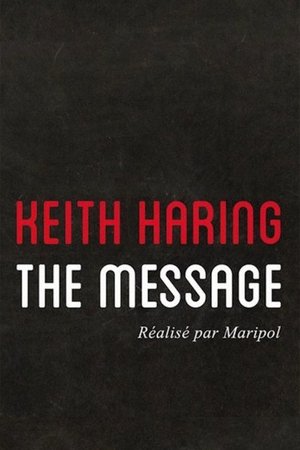 8.0
8.0Keith Haring: The Message(en)
Keith Haring: The Message was released in conjunction with the Keith Haring retrospective at the Museum of Modern Art in Paris. Directed by famed designer, Madonna stylist and Haring confidante Maripol, The Message goes pretty deep into both the artist and the city and times he’ll forever be identified with: New York City, circa the 1980s. The focus, as the title indicates, is upon the “struggles that animated” Keith Haring’s work, his activism – in a word, his “message.”
 7.2
7.2One to One: John & Yoko(en)
An exploration of the seminal and transformative 18 months that one of music’s most famous couples — John Lennon and Yoko Ono — spent living in Greenwich Village, New York City, in the early 1970s.
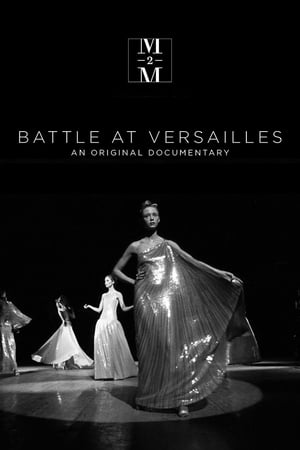 10.0
10.0Battle at Versailles(en)
M2M's first original long-form documentary, Battle at Versailles, follows an event in 1973 at Palace of Versailles where top French designers such as Yves Saint Laurent and Pierre Cardin faced of against American newcomers Oscar de la Renta, Bill Blass, Anne Klein and Halston. That pitted France’s best designers against the best America had to offer. It was the first time the fashion world's gaze was fixated on American design.
 6.7
6.7The Society of the Spectacle(fr)
Guy Debord's analysis of a consumer society.
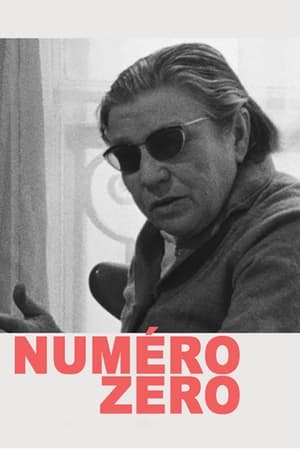 9.5
9.5Numéro zéro(fr)
A family portrait in which the director profiles his grandmother, Odette Robert. Eustache includes in the film the conditions of its production — he is seated at the table with her, pours her some whiskey, speaks with the camera operator, manipulates the clapboard at the head and tail of the reels, and even takes a phone call. Robert, who was seventy-one, speaks rapidly and tells the story of her life, starting from her early childhood in villages in the Bordeaux region of France. A shorter version of the film ("Odette Robert") was edited in 1980 to be broadcast on television on TF1. The complete film only gained exposure in 2002, when it was salvaged by Boris Eustache, Thierry Lounas, João Bénard da Costa, Jean-Marie Straub, and Pedro Costa.
 7.0
7.0The Sound of Identity(en)
In the spotlight of global media coverage, the first transgender woman ever to perform as Don Giovanni in a professional opera, makes her historic debut in one of the reddest states in the U.S.
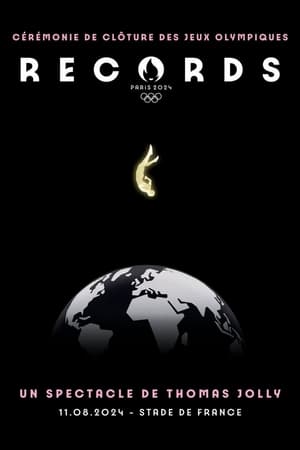 5.5
5.5Paris 2024 Olympic Closing Ceremony(fr)
Like an indelible memory, this Olympic closing ceremony will be marked by audacity, fraternity and emotion. In the heart of the Stade de France, athletes from all over the world will represent their countries one last time in an incredible moment of celebration and sharing. With their eyes riveted to the flame, the emotion will be immense as we close the great Olympic book of Paris 2024.
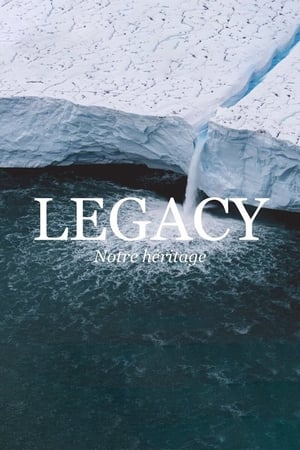 8.1
8.1Legacy(fr)
Ten years after the film Home (2009), Yann Arthus-Bertrand looks back, with Legacy, on his life and fifty years of commitment. It's his most personal film. The photographer and director tells the story of nature and man. He also reveals a suffering planet and the ecological damage caused by man. He finally invites us to reconcile with nature and proposes several solutions
 5.1
5.1Hollywood Rated 'R'(en)
A roller-coaster ride through the history of American exploitation films, ranging from Roger Corman's sci-fi and horror monster movies, 1960s beach movies, H.G. Lewis' gore-fests, William Castle's schlocky theatrical gimmicks, to 1970s blaxploitation, pre-"Deep Throat" sex tease films, Russ Meyer's bosom-heavy masterpieces, etc, etc. Over 25 interviews of the greatest purveyors of weird films of all kind from 1940 to 1975. Illustrated with dozens of films clips, trailers, extra footage, etc. This documentary as a shorter companion piece focusing on exploitation king David F. Friedman.
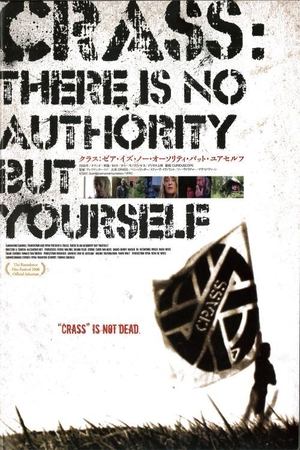 5.8
5.8There Is No Authority But Yourself(en)
A Dutch documentary about the history of the anarchist punk band Crass. The film features archival footage of the band, and interviews with former members Steve Ignorant, Penny Rimbaud and Gee Vaucher.


